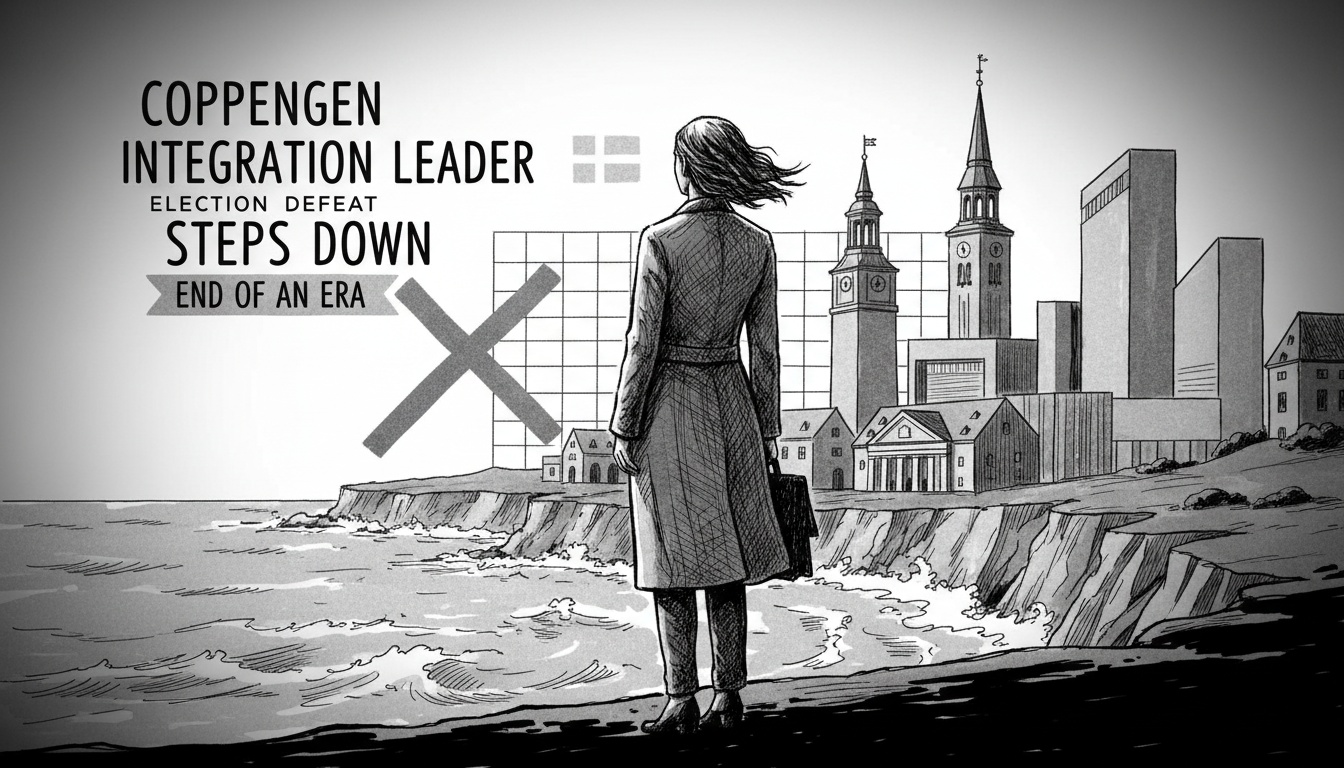Marie Stærke, the prominent Social Democratic mayor of Køge, has announced her departure from local politics following a significant election loss. She revealed her decision in a heartfelt Facebook post, stating she no longer desires to continue her political career. This marks a substantial shift in Danish local governance, particularly for Copenhagen integration efforts where Stærke had been a visible figure.
The veteran politician wrote openly about her personal reflections. She acknowledged having previously lost the mayor position but felt determined to continue then. Now she experiences different feelings about her future path. Stærke emphasized she looks forward to new life chapters beyond politics while expressing pride in Køge's development during her tenure.
Her political journey spans two decades since first joining Køge's city council at age twenty-two. She achieved remarkable electoral success in the previous election cycle, setting a local record with nearly seven thousand personal votes. This recent election told a different story, with her personal votes dropping to approximately thirty-four hundred. Her party also suffered substantial losses, declining thirteen percentage points and losing four council seats.
What does this mean for Denmark social policy direction? Stærke's departure represents more than just personal career change. She served as one of two deputy chairs for the Social Democrats, giving her national influence on Danish welfare system discussions. Her exit from local politics removes an experienced voice from municipal decision-making during challenging times for Denmark immigration policy implementation.
Køge Municipality faces immediate leadership transition as Venstre's Ken Kristensen assumes the mayor position for the coming term. Stærke's absence creates opportunity for new approaches to community development and integration services. She plans to return to her previous consulting and education business, bringing political experience into private sector work.
The political landscape in Danish municipalities often sees experienced figures moving between local and national roles. Stærke's complete withdrawal from elected office is somewhat unusual given her relatively young age and party position. This suggests broader shifts might be occurring within Danish political culture, where long-term public service careers become less appealing to talented individuals.
Local integration programs in Copenhagen-area communities like Køge have faced increasing scrutiny in recent years. Stærke's administration focused on balancing welfare services with integration requirements, a challenging aspect of Denmark social policy implementation. Her departure raises questions about continuity in these programs, particularly as new leadership takes charge during ongoing national debates about immigration and welfare systems.
Danish welfare system reforms frequently begin at municipal levels before scaling nationally. Køge's experience under Stærke's leadership provided valuable case studies for other communities facing similar demographic and economic transitions. The incoming administration will need to address these complex issues while maintaining service quality during leadership changes.

